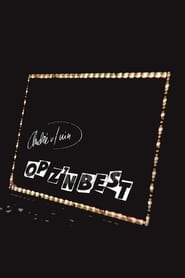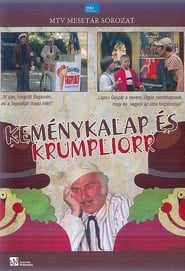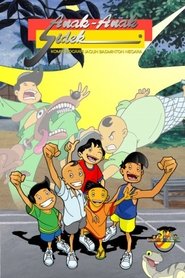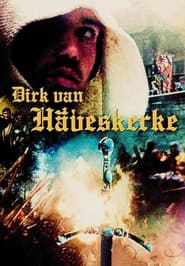Family TV Series - Page 315
-
Una nuova vita
2026
-
Угадай мелодию
1995
-
The Arthur Murray Party
1950
star 6The Arthur Murray Party is an American television variety show which ran from July 1950 until September 1960. The show was hosted by famous dancers Arthur and Kathryn Murray, and was basically one long advertisement for their chain of dance studios. Each week the couple performed a mystery dance, and the viewer who correctly identified the dance would receive two free lessons at a local studio. The Arthur Murray Party is notable for being one of the few TV series—the others were Down You Go; The Ernie Kovacs Show; Pantomime Quiz; Tom Corbett, Space Cadet; and The Original Amateur Hour—broadcast on all four major commercial networks in the 1950s during the Golden Age of Television. It may, in fact, be the only series which had a run on all four networks at least twice. -
Jack Holborn
1982
-
Kombajn je fajn
2016
Kombajn je fajn
2016
-
Die Lindstedts
1976
Die Lindstedts
1976
-
空房子
2004
空房子
2004
-
Klaus på kanten
2013
Klaus på kanten
2013
-
Petticoat
2016
-
Das Kurheim
1972
Das Kurheim
1972
-
Warm Happiness
2018
Warm Happiness
2018
-
Hard Hats and Potato Nose
1978
star 8A few kids make a circus show for their sick friend, and get in some trouble along the way. -
Anak-Anak Sidek
1999
Anak-Anak Sidek
1999
star 9.5A Malaysian animated television series that was aired on RTM from 1999 to 2003. The series is adapted from the best-selling graphic novel of the same title, the work of JAS Sdn. Bhd. and aired three seasons and 39 episodes. -
Anittinha's Club
2018
Anittinha's Club
2018
-
Dirk van Haveskerke
1981
Dirk van Haveskerke
1981
-
Brother Fire
2003
Brother Fire
2003
Animated series for the whole family, which takes place at the beginning of 1200 years. It tells the story of a Franciscan monk traveling and carrying wisdom and helping people. A lot of the beautiful words and biblical references. -
A Copywriter Takes Paternity Leave
2021
Yōsuke works as a copywriter for an advertising agency. His wife, Aiko, informs him that she is pregnant. Due to a case, Yōsuke asks for an unusually long six-month paternity leave. Nobody at his workplace has taken a six-month paternity leave before. A few months later, Yōsuke's daughter is born. -
Siebenbirken
1992
Siebenbirken
1992
















